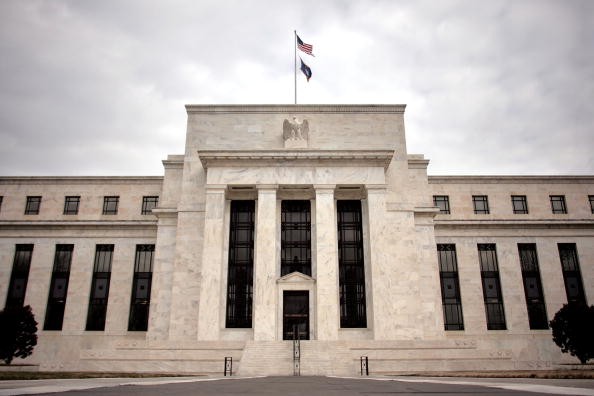Zhu Guangyao, China's vice finance minister, expressed Chinese mainland's hope to receive boost from the Federal Reserve, American media outlet CNBC reported.
Zhu, in an interview on Friday in Washington, also praised Federal Reserve chair Janet Yellen "for her clear communication to financial markets and G20 partners and her cautious approach," the article said.
The Fed, being a "real superpower," is expected to have a big spillover effect on the global market, the Chinese official added, noting that the Fed policy is still hugely anchored on the economic situation in the United States.
"We hope that's positive spillover and largely reduces negative spillover. We found the Federal Reserve very cautious in their process and (it) takes us into consideration," he said.
Nonetheless, some analysts see Yellen's dovishness as a way for China to have ample opportunity to boost its own economic and currency reforms.
Asked about the issue of yuan devaluation, Zhu stressed that the move was not aimed at getting any competitive advantage.
"Our government made a very strong commitment," Zhu said. "We joined the G20 commitment to avoid competitive currency devaluation. Certainly we are not using this currency devaluation to have a trade advantage. That position is very clear."
Back in August last year, China made yuan's daily fixing against the U.S. dollar more market-based, resulting in a 2-percent decline in the currency. This had ignited speculations that the country is eyeing a "currency war" in order to make more attractive exports.
In the same interview, Zhu also spoke about his concern on the global economy's slow pace of recovery.
Zhu noted that "globally, the economic recovery is very slow and downside pressure continues to increase," citing IMF's downgrading of the worldwide economic growth this year, from 3.4 percent to 3.2 percent.
Apart from this, the Chinese finance executive also pinpointed other concerns including geopolitical conflict, the refugee crisis and the incoming referendum about the U.K. leaving the European Union.
"We strongly support a strong and unified EU. We must strengthen our dependence and strengthen our macroeconomic policies in particular," he said.



























